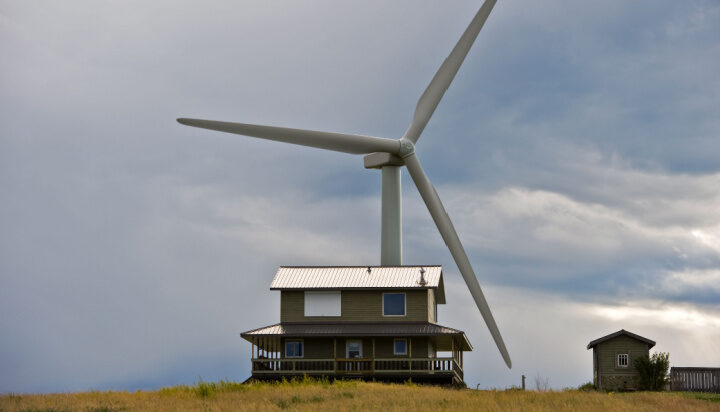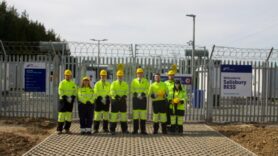The noise associated with the operation of wind farms has been deemed safe by scientists in Australia.
New research by the not-for-profit organisation Woolcock Institute of Medical Research shows that wind turbine syndrome, a condition believed to affect people living near wind farms due to low-frequency noise called infrasound, has no scientific evidence to support its existence.
Using a specially designed audio system, researchers conducted a lab test to study the existence of wind turbine syndrome.
Thirty-seven noise-sensitive adults participated in the study, undergoing three-night stays in the Woolcock sleep lab, where they were exposed to wind turbine infrasound, traffic noise, or no sound.
Throughout the study, participants’ sleep quality and duration, brain activity, cardiovascular changes, symptoms, and neurobehavioral performance were monitored.
“Our results show that no participant developed symptoms of wind turbine syndrome and there was no adverse impact on their sleep, brain functioning, or psychological and cardiovascular health. Therefore, we conclude that it is highly unlikely that wind turbine infrasound causes sleep disruption or health problems,” commented Associate Professor Nathaniel Marshall.
Marshall, the lead study investigator, said: “The uncertainty surrounding wind turbine syndrome has clouded the prospects of wind farms as a clean energy solution, so obtaining such a distinct outcome from this research is a significant achievement.”






